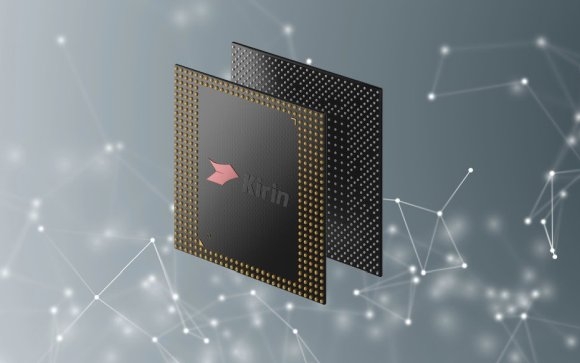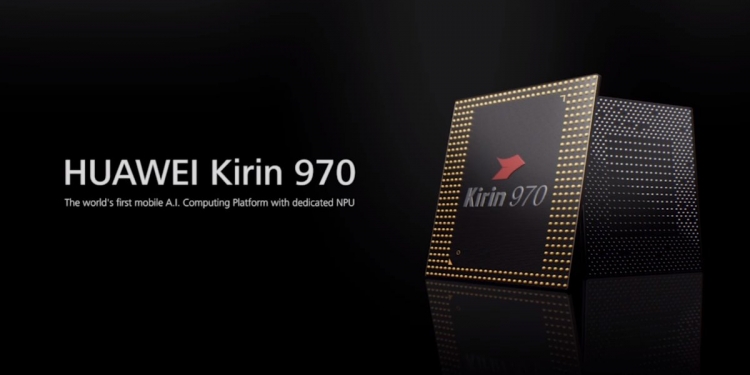Huawei has finally uncovered its new Kirin 970 chipset that will be powering their upcoming Mate 10 flagship. The Kirin 970 is not only faster and more efficient, but it’s also the world’s first mobile AI computing platform that comes with its own NPU (Neural Processing Unit). This promises faster and more efficient AI computing compared to other mobile implementations in the market.
On most platforms, AI is heavily dependent on the cloud and there’s always an issue of latency, stability and even privacy. To improve the AI experience further, Huawei’s Mobile AI uses both On-Device AI and Cloud AI. By using on-device AI, it has stronger sensing capabilities which can garner more real-time and scenario specific data. Backed by a powerful processing unit, the device can understand you as a user better, which gives you a more personalised experience.
To maximise its full potential, they are making the Kirin 970’s Mobile AI an open platform. They hope by doing so, 3rd party developers and partners can develop new uses for its processing capabilities.

Based on Huawei’s benchmark image recognition test, the Kirin 970’s NPU manages to process 2,000 images per minute (1.92 TFLOPs at FP16), which is 20X faster than other chips on the market. Compared to the Kirin 970’s CPU, the dedicated NPU offers 25X the performance with 50X efficiency.
As revealed earlier, the Kirin 970 CPU is an octa-core unit that has 4x Cortex A73 cores clocked at 2.4GHz and another 4x Cortex A53 running at 1.8GHz. It’s based on TSMC’s 10nm process and it also gets a Mali-G72 GPU which is the latest from ARM. According to Huawei, the new 12-core GPU offers 20% more performance compared to Kirin 960’s 8-core Mali G71 while boasting 50% improved efficiency.
The new Kirin 970 chipset also supports 4K 60fps decoding, 4K 30fps encoding, HDR 10 and it has dual ISP for motion detection and low light enhancement. In terms of connectivity, the Kirin 970 can support ultra fast speeds up to 1.2Gbps download with its 4.5G LTE Cat 18 modem.
With established AI personal assistants such as Siri and Google Assistant, we are curious to see how Huawei can take AI a step further. Samsung has tried with Bixby but it is hardly a replacement for Google Assistant. We’ll definitely find out more next month with the Huawei Mate 10 that’s launching on 16 October.









